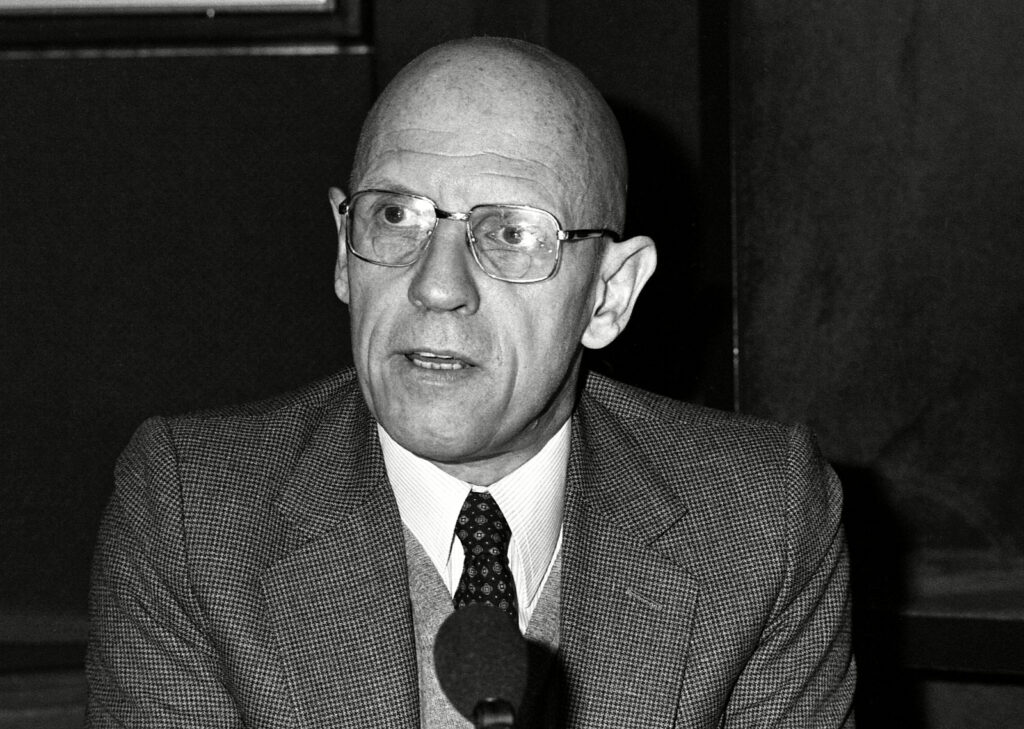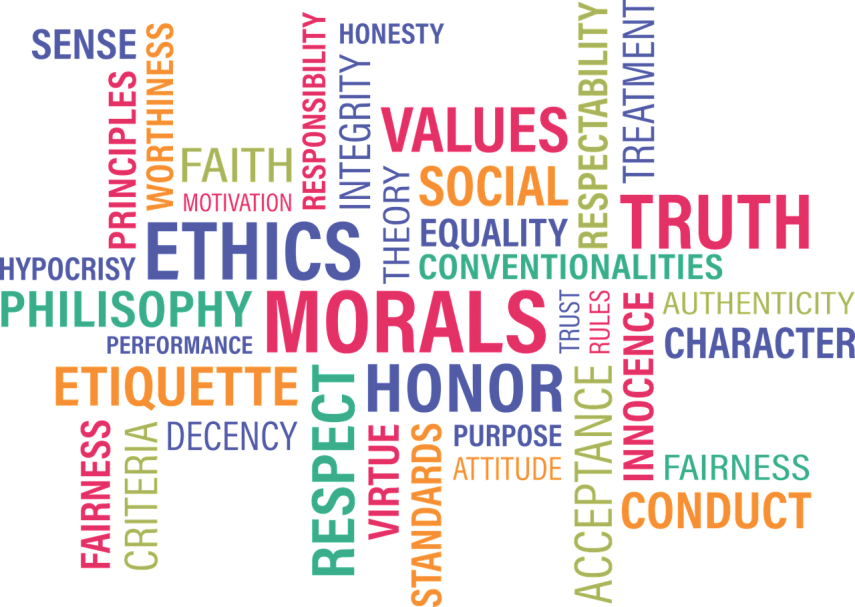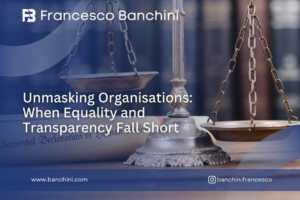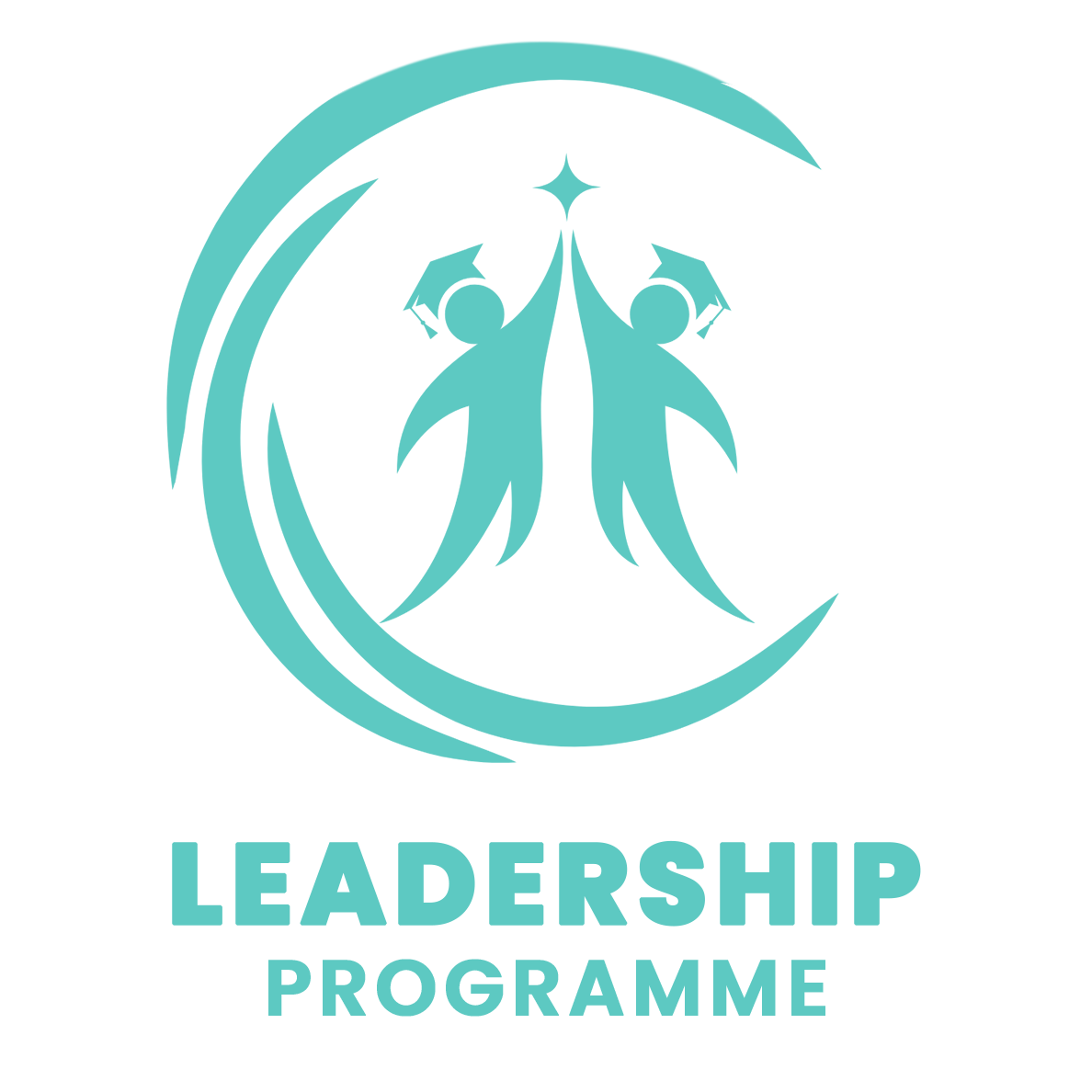
The Nature of Human Beings
Philosophers have long addressed the question of the nature of humanity and can be said to fall into one of two broad groups; one which is mainly pessimistic, and the other mainly optimistic. These clearly have implications for how leadership can happen, and social control may be managed.

Machiavelli in the 15th and 16th century felt that people are generally uncooperative and rebellious and need to be strictly controlled. For Machiavelli, this control should come at any price because ultimately, he felt that to be controlled was for the benefit of the people.
Hobbes in the middle of the 17th century felt that competition, and the fear of loss of property or life, drove men to become enemies, and that they enter into a social contract with a sovereign in order to protect themselves from others. For both these thinkers, it is socialisation which creates the feelings of competition, aggression and selfishness in humans. Tight control and strong social order are needed to keep these feelings of individuals in check (Knowles and Saxberg, 1967).

An optimistic view of humanity holds that humans are creative, social beings, who come together to cooperate for the benefit of all. Locke (in the 17th century) believed that a social contract comes about through agreement, where individuals entrust a leader to act to protect the common welfare. Leaders therefore have a moral claim to their leadership, but this is not brought about through force, but through humanity’s natural desire to cooperate. Locke believed that humans are shaped by their social interactions, coming into this world as blank slates, and are thus created by these experiences, a belief which is contrary to Descartes, who believed that humans are born with innate ideas and a given nature (Khanduri, 2015).

It is interesting to note that despite the very different departure points for these theorists, the social context and the interactions of humans in society are stressed and viewed as important (McLaughlin,1998).
Bentham, in the late 18th century, was interested in the shift in society from a sovereign ruler, who visibly exerted external power with physical punishment, to power being exerted on the mind of the individual in less visible ways. In order to illustrate this idea, Bentham designed the panopticon, which was a circular building designed so that those on whom power was being exerted, be they criminals, the poor, students, or politicians, were able to be under surveillance at all times by a central tower. A key aspect of this design was that those being observed did not know when they were being observed and thus began to self-regulate (Watson, 2010). It ‘compels the inmates to behave in a fashion conducive to the maximum degree of realisation of the specific ends which the institution is intended to achieve’ (Bentham in Brunon-Ernst, 2012, p37). In the case of education, these ends would be teaching children. Bentham wanted surveillance to be unnecessary ultimately because he believed that control over individual action would come from the judgements of individuals on each other (Laval, 2012, p59).

Foucault was a 20th century French philosopher who refocused our attention on disciplinary power by responding to Bentham’s panopticon. It has been argued (Brunon-Ernst, 2012) that Foucault misrepresented Bentham and over-simplified his panopticon, in that he saw the idea of constant surveillance as supervision, control and correction.
Foucault said that the aim of modern discipline is to produce docile, conforming individuals who comply to the norms of that society (Gutting, 2005). This normalising judgement controls and marginalises non-conforming individuals by making them highly visible and different to others who are conforming. They are given labels which are different to other members of that society. In both these aspects, a seemingly humanitarian treatment is dominating certain individuals in society.
He further develops this argument to say that through an individual’s self-control, self-monitoring and internalising of society’s norms of behaviour, that individual becomes not only an object of the external norms, but also subject to their own internalisation of the constraints of the power relations. In this way, instead of this being a process of liberation, it is one of becoming subjected to societal power and thus repressed (Gutting, 2005, Rose, 1989, Ball, 1993).

Within these arguments the role of the specific culture at a given period is key. Foucault asserted that we cannot approach the question of the self without locating it within a set context, in which values and social relations and social practices are defined (Besley and Peters, 2007). As such Foucault rejected the idea of universal values or aspects of human nature which are not bounded by the time and culture in which they take place.
In his later years, Foucault (1980) turned his attention to the idea of truth, and Western societies’ obsession with defining and telling the truth. However, this is clearly bound within a cultural context which is necessarily not objective. Besley and Peters (2007, p12) say that ‘The notion of truth in relation to the self is to be developed only through the notion of ‘others’ as an audience, intimate or public, that allows for the politics of confession and autobiography.
Tag:education, human nature, leadership





